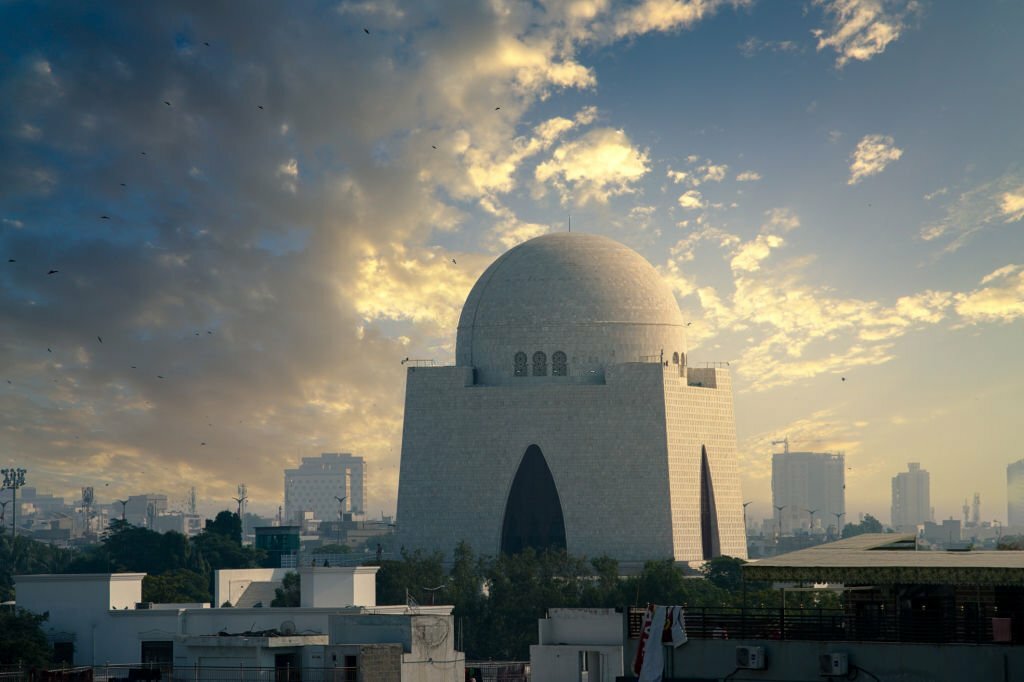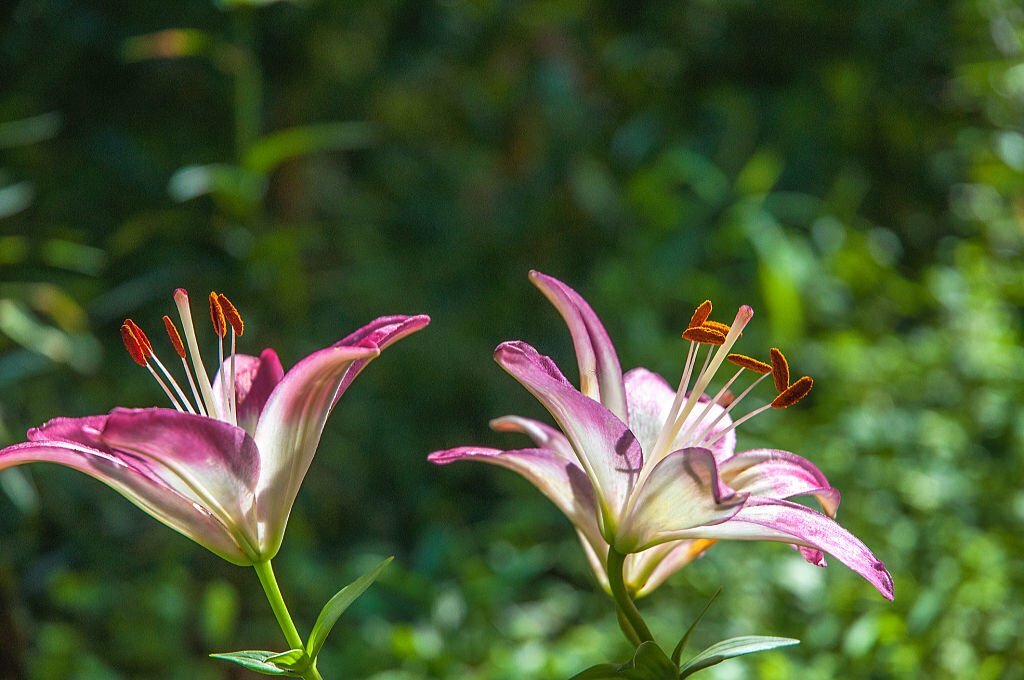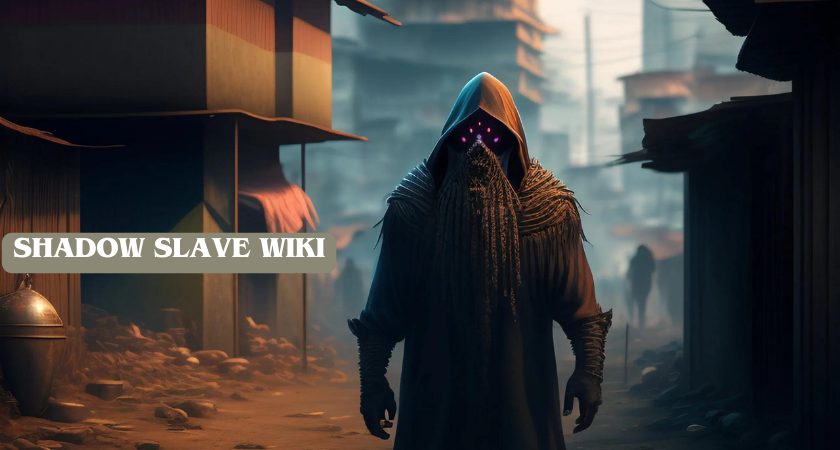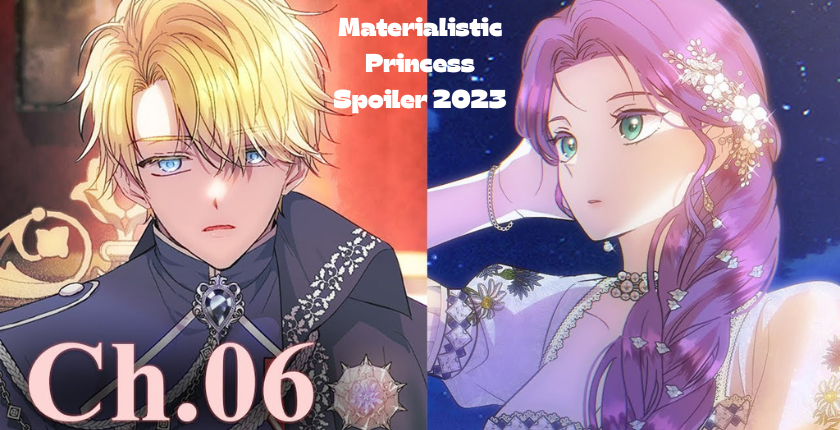Table of Contents
Discover the diverse linguistic landscape of Karachi, Pakistan. Explore the question ‘What language is spoken in Karachi?’ as we delve into the rich tapestry of languages and cultures that coexist in this vibrant city. Uncover the linguistic diversity that defines Karachi.
Karachi, a bustling city located on the southern coast of Pakistan, is a city of wealthy cultural diversity and a melting pot of languages. As one of the maximum populous towns in the international, Karachi is a captivating combo of ethnicities, cultures, and languages. In this newsletter, we are able to delve into the tricky tapestry of languages spoken in Karachi, uncovering the linguistic beauty that defines this remarkable town. From Urdu to Sindhi, Punjabi to Pashto, and a myriad of others, Karachi actually exemplifies cohesion in diversity.
What Language is Spoken in Karachi?
Karachi is a town that prospers in its linguistic range. While there’s no single respectable language, numerous languages are commonly spoken in one-of-a-kind contexts, reflecting the metropolis’s various populations. Below, we explore the number one language you are likely to come upon whilst wandering through the vibrant streets of Karachi:
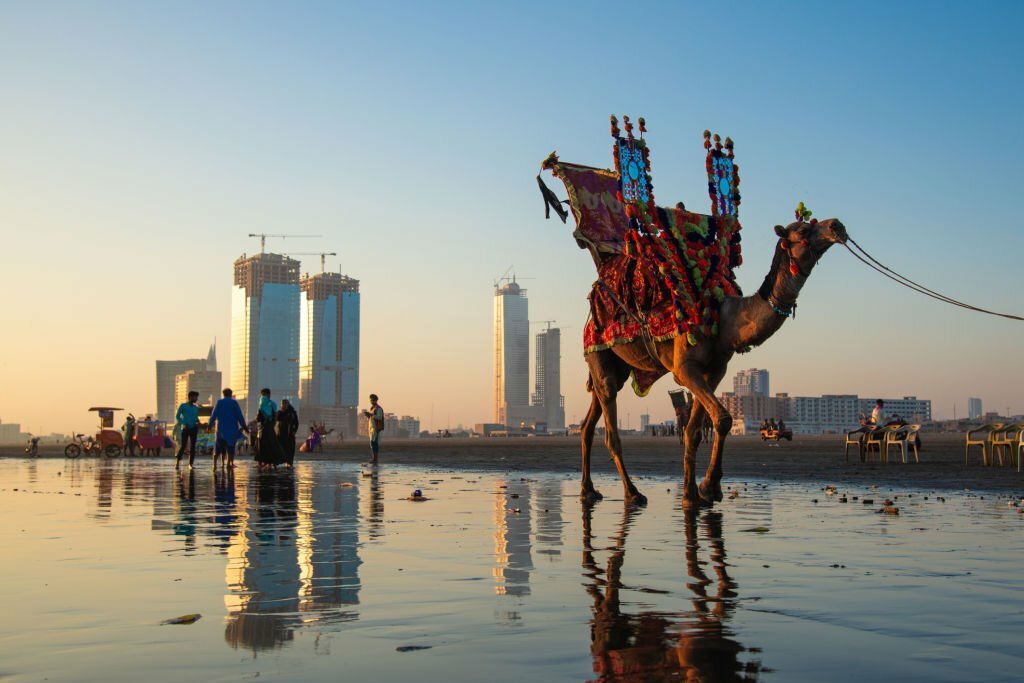
Urdu – The Lingua Franca
Urdu is the lingua franca of Karachi. It is the most widely spoken language and serves as the medium of communication in schools, offices, and official government business. The majority of the population can understand and converse in Urdu, making it the unifying thread that binds the people of Karachi together.
Sindhi – A Cultural Gem
Sindhi, the native language of the Sindh province, is also prevalent in Karachi. With a significant Sindhi-speaking population, this language is an integral part of the city’s cultural fabric. You’ll often hear the melodious tones of Sindhi in local markets and neighborhoods.
Punjabi – A Sizeable Presence
Punjabi is some other language that resonates in the course of Karachi, way to the giant Punjabi-speaking community. The language effect is especially strong in areas in which Punjabi-speaking citizens have settled.
Pashto – The Northern Connection
With a considerable influx of people from Khyber Pakhtunkhwa and Afghanistan, Pashto has become a prominent language in Karachi. It is commonly heard in the bustling markets and neighborhoods where this community resides. Click to read largest quidditch ball.
Balochi – A Regional Flavor
The Balochi language finds its place in Karachi due to the Balochi-speaking population, especially in the coastal areas. It adds a unique regional flavor to the linguistic landscape.
Gujarati and Memni – The Bohri Community
Karachi is home to a sizable Bohri community, and they speak Gujarati and Memni, which are part of the Indo-Aryan language family. These languages are predominantly used within their community.
English – The Language of Business
Being a major economic hub, Karachi also witnesses the widespread use of English, particularly in business, education, and corporate sectors. English is the gateway to international communication and plays a crucial role in the city’s cosmopolitan lifestyle.
Bengali – A Legacy of Migration
Due to historical migration patterns, Bengali is spoken by a segment of Karachi’s population. It reflects the city’s multicultural history.
Arabic – The Language of Faith
Arabic is significant in Karachi as the language of the Quran and Islamic teachings. It is often heard in religious contexts, including prayers, sermons, and Quranic study sessions.
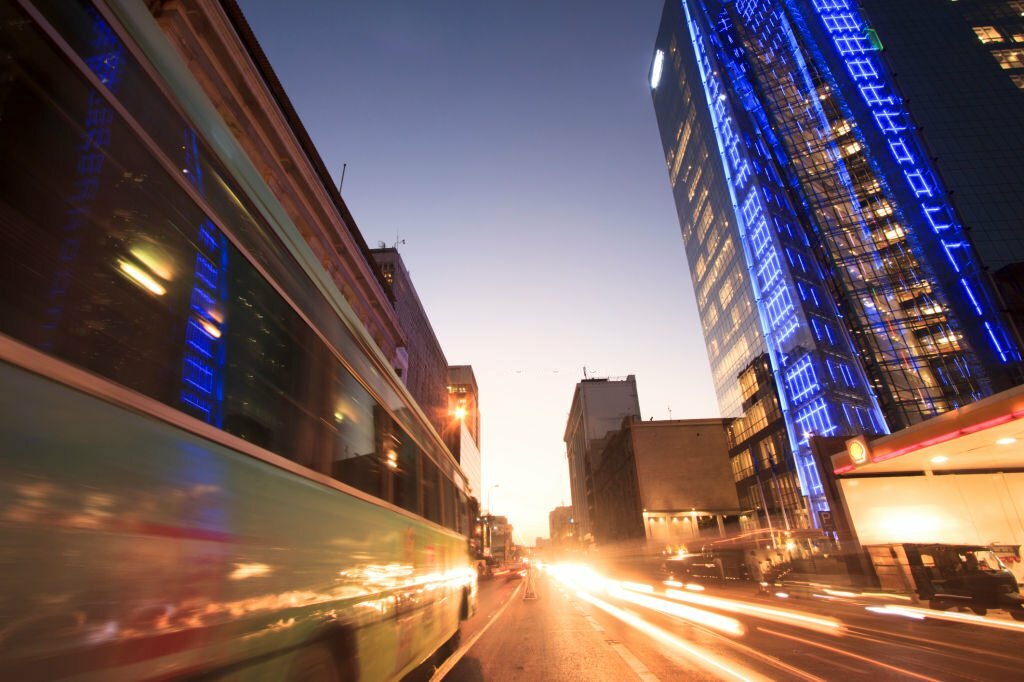
Endangered languages
Endangered languages refer to languages that are at risk of becoming extinct in the near future. The endangerment of a language can be due to various factors, including a declining number of speakers, cultural assimilation, or the lack of intergenerational transmission of the language.
There are several levels of endangerment, which are typically categorized as follows:
- Vulnerable: Languages in this category have a significant number of speakers, but the younger generations are not learning or using the language as much, and it is gradually losing ground to a dominant language.
- Definitely Endangered: In this category, the language is not being passed down to the younger generation, and it is mostly spoken by older generations. Efforts are required to revitalize and preserve the language.
- Severely Endangered: Languages in this stage have very few speakers, often elderly, and are at great risk of becoming extinct in the near future. Immediate and intensive efforts are needed to save the language.
- Critically Endangered: These languages have very few speakers left, often only a handful, and are on the brink of extinction. Urgent and comprehensive measures are needed to prevent their disappearance.
- Extinct: A language is considered extinct when there are no living speakers. Once a language becomes extinct, it is typically only known from historical records and documentation.
Efforts to revitalize endangered languages consist of language protection packages, teaching the language in schools, developing language assets like dictionaries and grammar, and raising attention about the significance of linguistic diversity. Many groups and communities around the arena are committed to retaining and revitalizing endangered languages to make certain they continue to be part of our cultural history.
Final Words
Karachi, with its diverse population and vibrant culture, is a city where language transcends mere communication; it reflects the tapestry of its society. From the harmonious blend of Urdu to the resonance of Sindhi, Karachi stands as a testament to unity in diversity. The town’s linguistic richness mirrors its cultural and historical intensity, making it an actually precise and fascinating place to discover. Whether you’re a tourist or a resident, embracing the linguistic kaleidoscope of Karachi is a worthwhile and enriching enjoy.
People also ask
Q: Are there any efforts to promote linguistic diversity in Karachi?
A: Yes, there are various cultural events and initiatives aimed at celebrating and preserving the linguistic diversity of Karachi.
Q: Which language is commonly used in schools?
A: Urdu is the primary medium of instruction in schools, followed by English in many private institutions.
Q: How easy is it for non-Urdu speakers to communicate in Karachi?
A: Karachi is a welcoming and diverse city, so non-Urdu speakers can generally find people who understand their language. Learning a few basic Urdu phrases can be helpful.
Q: Is Karachi’s linguistic diversity a source of pride for its residents?
A: Absolutely! Karachiites take pride in their city’s multicultural and multilingual identity, which reflects the city’s rich history and the welcoming nature of its people.
Q: Are there language-specific neighborhoods in Karachi?
A: Yes, some areas of Karachi are known for having a higher concentration of specific language-speaking communities, creating unique cultural pockets within the city.

